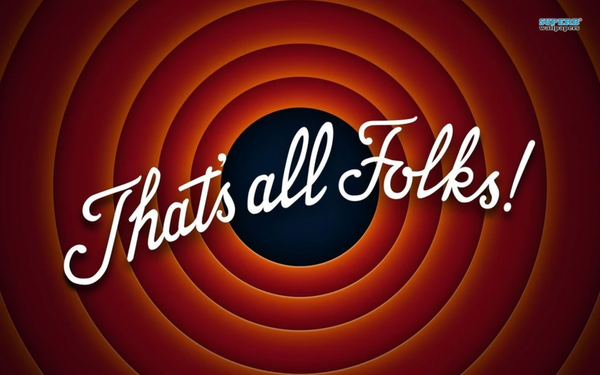Risky Business at the 7-11

I was running late to the office but wanted to pick up some half-and-half for the morning tea. It was 345am. For almost 25 years I’ve sipped a liter of Earl Grey tea during the morning forecast shift. We share an office with the National Weather Service in downtown SLC…
I pulled into the 7-11 parking lot. Loud music thumped from a boom-box outside. Two impermanent fixtures leaning up against the ice machine peered out obliquely from behind the folds of their dark hoodies. I was not ready for what waited for me inside: mini-skirts with pumps, sequins and feathers. Makeup and cigarettes. White undershirts, earrings and tattoos. Self-unemployed CEOs of the black market. Adrenaline and ego were not the only drugs on hand. It was loud. Bad energy. Bad players.One of the patrons filled a disposable tub with warm cheese out of a dispenser and dipped chips into it. As I walked by, he said, “Hey man, what kind of cheese is not yours?”“Nacho cheese!!” Everybody laughed. And then it got quiet. All eyes on me.It felt so combustible that, had I lit a match, the whole place would have exploded. I am a trained risk professional used to dealing with complex situations and suddenly I faced a whole different scenario.Where was the morning pre-plan? Where were the checklists? What the hell was I thinking?Later, as I was sitting in our office, I had time to think about the situation. Was I ever really at risk? Even though #nothingbadhappened, I had to settle for whole milk in my tea and not half-and-half.
~~~~~~~~~~~~~~~

One of the great takeaways from Kahneman and Klein's essay A Failure to Disagree is the notion of 'fractionalization of expertise'. It falls under the Illusion of Validity trap where - once again - our ego tries to trip us up. Especially us "Experts". They write,
"DK [Daniel Kahneman] is particularly interested in cases in which professionals who know how to use their knowledge for some purposes attempt to use the same knowledge for other purposes. He views the fractionation of expertise as one element in the explanation of the illusion of validity: the overconfidence that professionals sometimes experience in dealing with problems in which they have little or no skill."
In this lies the line - in my view - between the master and the false master. The master realizes when she is no longer the expert.




